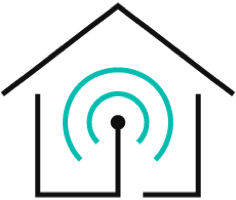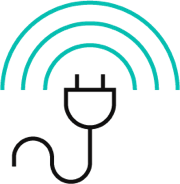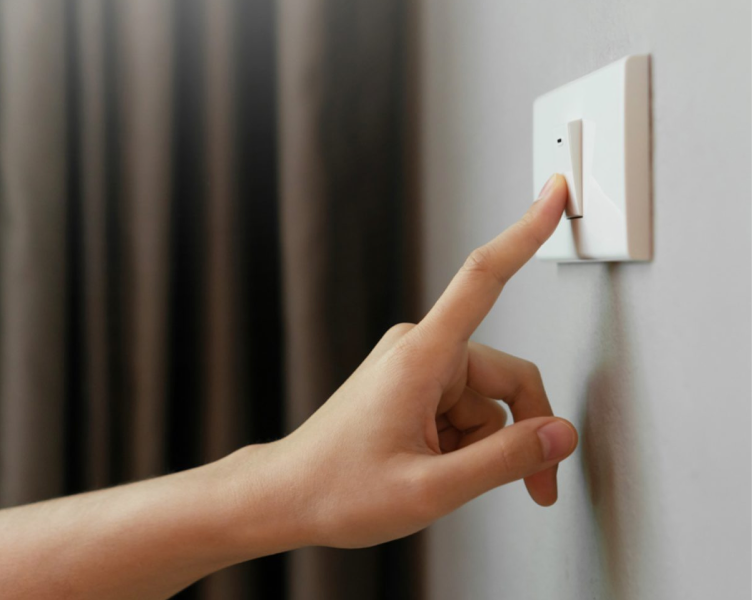The rise of smart home technology has brought a new level of convenience and control to homeowners. With the ability to remotely manage everything from lights and locks to security cameras and appliances, smart home technology is transforming the way we live. However, managing multiple smart devices can be challenging and time-consuming, which is where smart home integration comes in.
Smart home integration refers to the process of linking different smart devices and systems so that they can work together seamlessly. This allows homeowners to control all of their devices from a single interface, making it easier to manage and monitor their smart home.
Fully integrated smart homes offer a range of benefits, including increased efficiency, improved energy savings, and enhanced security. With all devices connected to a central system, homeowners can easily manage and automate their smart home to fit their needs and lifestyle.
How to Integrate All Smart Home Devices
Integrating all smart home devices can be a daunting task, but it doesn't have to be. There are several ways to integrate smart home devices, including:
Use a Smart Home Hub: Smart home hubs act as a central point for all your smart devices, allowing you to manage and control them from a single app or interface. Hubs like Samsung SmartThings, Amazon Echo Plus, and Google Nest are popular choices for homeowners looking to integrate their smart devices.
Choose Devices with Compatible Protocols: Different smart devices use different protocols to communicate with one another. Choosing devices with compatible protocols, such as Zigbee or Z-Wave, can make integration much easier.
Use IFTTT: IFTTT (If This Then That) is a platform that allows you to create automated workflows between your smart devices. For example, you can set up a workflow that turns off your lights when you leave home.

Integrated Smart Home Systems
Integrated smart home systems are becoming increasingly popular, with many homeowners opting for a fully integrated smart home. These systems offer a range of benefits, including:
Increased Efficiency: Integrated smart home systems allow homeowners to automate many tasks, such as turning off lights or adjusting the temperature when they leave the house. This can lead to significant energy savings and increased efficiency.
Improved Security: Integrated smart home systems allow homeowners to monitor their home from anywhere. With features like smart cameras and door locks, homeowners can keep an eye on their home and secure it even when they're away.
Enhanced Comfort: Integrated smart home systems allow homeowners to customize their home to fit their needs and preferences. With features like smart thermostats and lighting, homeowners can create a comfortable and personalized environment.

Smart Home Integration Companies
There are many smart home integration companies that offer a range of services, from basic device installation to fully integrated smart home systems. These companies can help homeowners choose the right devices and protocols, set up a smart home hub, and create automated workflows.
Some popular smart home integration companies include:
Control4: Control4 offers a range of smart home solutions, from basic device installation to fully integrated smart home systems.
Savant: Savant offers a range of smart home solutions, including whole-home automation systems and voice control.
Crestron: Crestron offers a range of smart home solutions, including home automation systems, lighting and shading, and home theater systems.
Evvr: Evvr smart home automation system provides highly intuitive, adaptable and secure products that define smart residential and commercial living, including smart switch, smart home hub, smart plug, smart home control panel and more.
Smart Home Integration Systems
There are many smart home integration systems available, each with its own set of features and benefits. Some popular smart home integration systems include:
Samsung SmartThings: Samsung SmartThings is a popular smart home hub that allows homeowners to manage and control all their smart devices from a single app.
Amazon Echo Plus: The Amazon Echo Plus is a smart speaker that also acts as a smart home hub, allowing homeowners to control their smart devices with their voice.
Google Nest: Google Nest is a range of smart home devices, including smart thermostats, cameras, and doorbells, that can be managed and controlled from a single app.
Apple HomeKit: Apple HomeKit is a smart home platform that allows homeowners to control their smart devices using their iPhone, iPad, or Apple Watch.
Choosing the right smart home integration system depends on a homeowner's needs and preferences. Some systems may be more compatible with certain devices or protocols, while others may offer more advanced features or better compatibility with other smart home technologies.
Evvr In-Wall Relay Switch - Smart Fixtures For Smart Homes
Have you wondered about a technology that can turn your age-old switches into smart ones without hassle? The stuff of your dreams is here. Evvr In-Wall Relay Switch can turn any conventional power outlet into a smarter, more efficient switch, which is also compatible with HomeKit. What you could not accomplish before is now only a click or swipe away.
So, become a partner and enjoy Evvr lasting joy!
FAQs of smart home integration
- Why do smart homes need WiFi?
Because most smart home gadgets need to be connected to the internet, they are frequently referred to as the Internet of Things (IoT) components.
- What are the major differences between a smart home and a connected home?
The only drawback of linked home integration is the lack of a single control panel and the need to hunt through your app drawers for the appropriate program continually. Smart houses offer a better user experience, which functions with data storage, microprocessors, controls, and software.
- What are the major advantages of smart home integration?
You can control any device in your house from one location. The flexibility for new appliances and devices is a huge convenience element, including;
- Enhancing your home's security.
- Remote management of house features.
- Improved energy effectiveness.
- Improved operation of the appliance.
Conclusion
Smart home integration is the future of home automation, offering homeowners the ability to manage and control all of their smart devices from a single interface. Fully integrated smart homes offer a range of benefits, including increased efficiency, improved energy savings, and enhanced security.
Integrating all smart home devices can be challenging, but there are several ways to make it easier, including using a smart home hub, choosing devices with compatible protocols, and using IFTTT. There are also many smart home integration companies and systems available, each with their own set of features and benefits.
Whether you're looking to automate your home or create a fully integrated smart home system, smart home integration can help you take control of your smart devices and transform the way you live.















